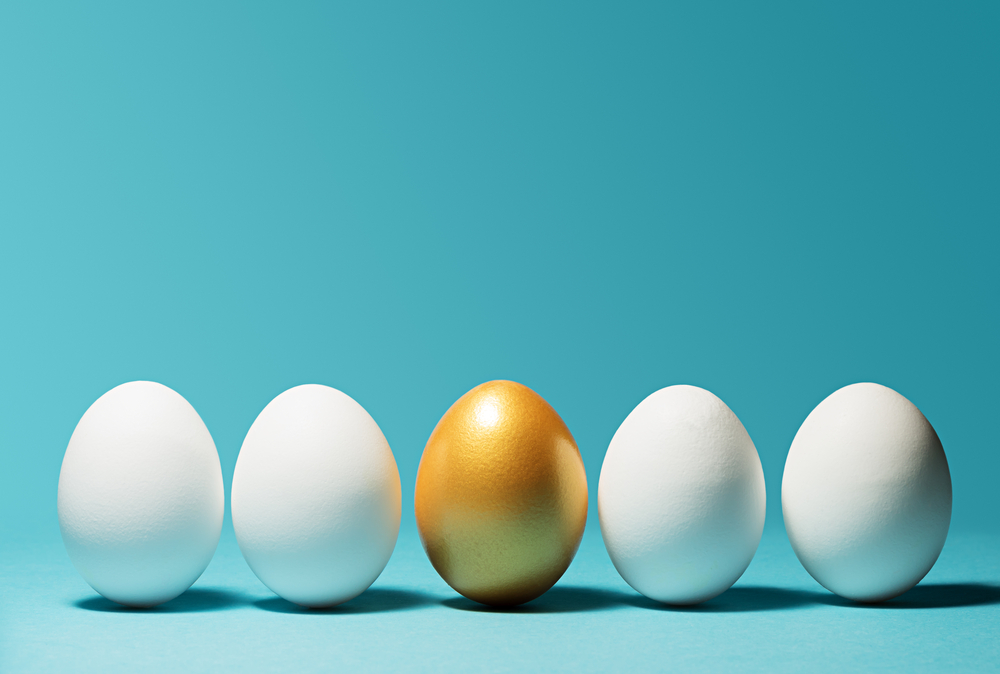When Should Women Consider Using Donor Eggs?

Infertility increases with age, and while there are many reasons why individuals or couples have a hard time conceiving, one important contribution is the quality of the woman’s eggs. There may be a point in the reproductive journey where a woman’s chances of achieving a successful pregnancy may be higher with a donor egg. It is challenging and frustrating when embryos do not implant, but not all hope is lost. Fertility can be restored when the egg of a younger woman is used. So when should women consider using donor eggs?
Age
- A woman is born with all of the eggs she will use throughout her lifetime. The older the eggs are, the more vulnerable they are to developing genetic and other abnormalities that make them weaker candidates for fertilization. Most data shows that live birth rates start to decline around 35 years of age.
Poor Ovarian Reserve
- Ovarian reserve is the ability of the ovary to provide eggs that are capable of being fertilized. Several markers are used to determine ovarian reserve:
- Baseline Antral Follicle Count (BAFC) - measures the size of the ovary
- Day 3 FSH/E2 - indirect measure of ovary health as it determines the pituitary stress that is needed to drive the ovary
- Antimullerian Hormone (AMH) - measures the number of eggs available
- Small ovaries and elevated FSH, and a decline in AMH levels mean that there are not a lot of eggs left in an ovary, which can also be referred to as poor ovarian reserve.
Chromosomal Abnormalities
- The primary defect of an older egg is an abnormal number of chromosomes. Chromosomes carry the genetic code required for fetal development. An innovative technique called Preimplantation Genetic Testing (PGT) is able to determine the number of chromosomes in an embryo, and, therefore, its potential to become a healthy pregnancy. Unfortunately, as women age, not only do they have fewer eggs left to become successful pregnancies, but most of those remaining eggs have an abnormal number of chromosomes and will likely have a lower chance of successful implantation.
Number of Failed IVF Cycles
- Trying to beat low odds of success is a natural human emotion. However, if after repeated attempts at IVF fail due to abnormal eggs, it may be time to consider using an egg from a donor. The stress of repeated IVF failure must be weighed against the greater success of a healthy child from a donor egg. Many couples express financial concerns about donor egg which may be more costly than IVF, but repeated IVF in poor prognosis situations can also carry a financial burden.
It is a difficult choice to transition to using donor eggs. A feeling of loss is common; however, the physicians at RMA of New York approach this emotional circumstance with guidance and care.
About Donor Eggs
Egg donation is regulated by the Food and Drug Administration (FDA) and in New York, the Department of Health (DOH). All donors undergo a risk assessment, psychological screen, physical exam, and blood work to assess health and ovarian reserve. Donors also undergo an expanded panel to test for gene mutations.
RMA of New York has two sources of egg donors. Donors are screened on-site at RMA of New York’s Eastside office or selected from certified egg banks. Those eggs are already screened and are stored in a bank where they are immediately available to ship to RMA of New York.
Chances of conception are substantially improved in IVF when using eggs from a younger donor source. IVF performs equally well whether the woman who receives the egg is ovulating naturally or is already past menopause. While the decision is a difficult one, it is our goal to help in the transition and complete the fertility journey.
